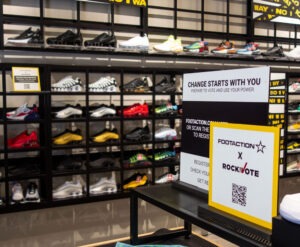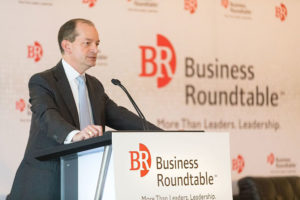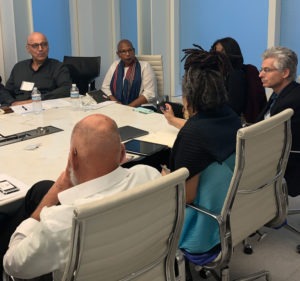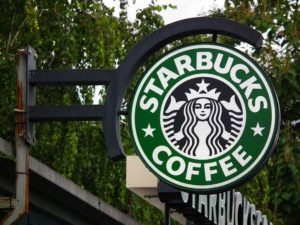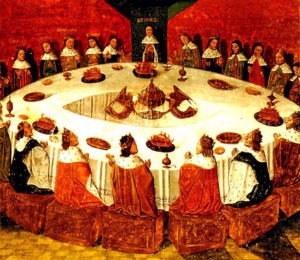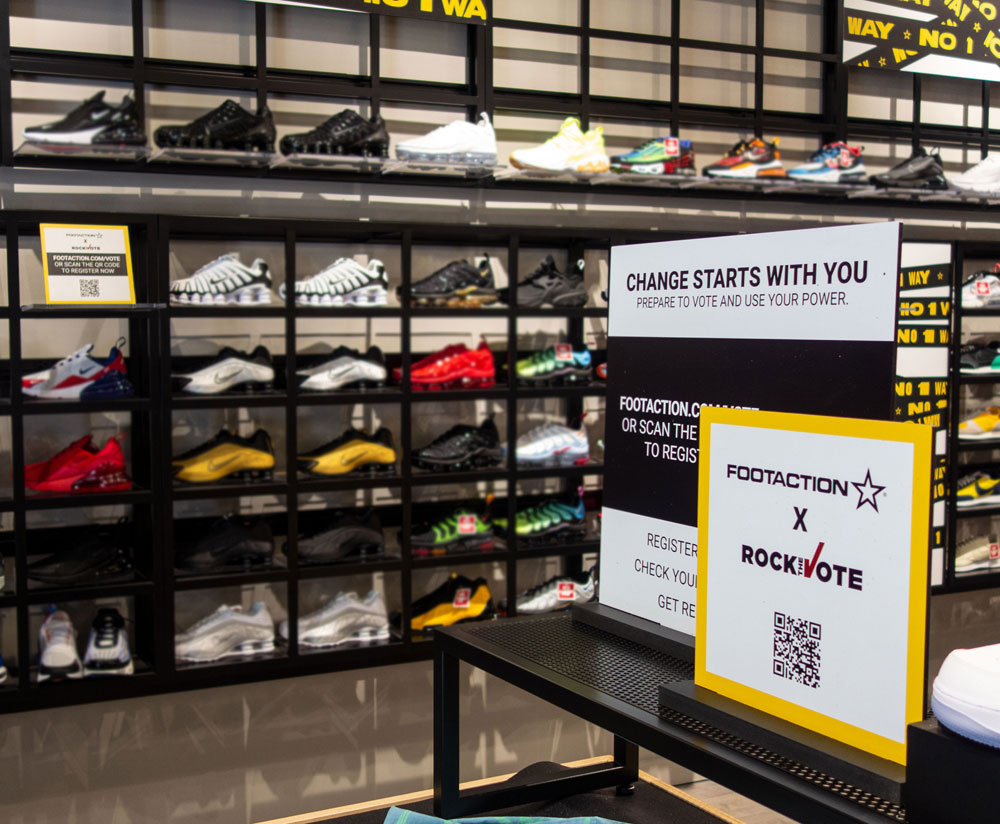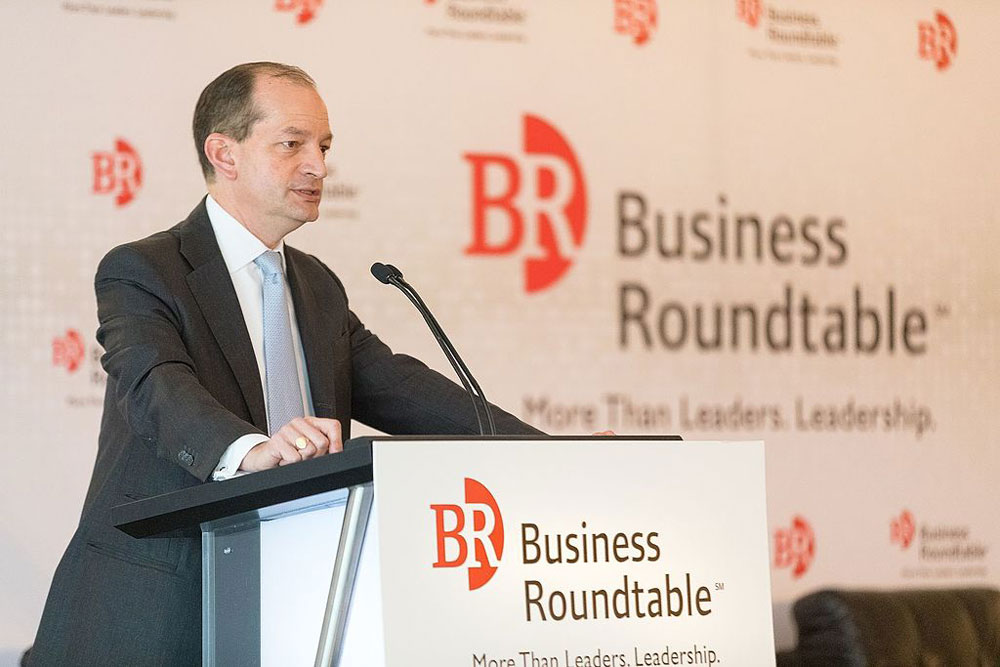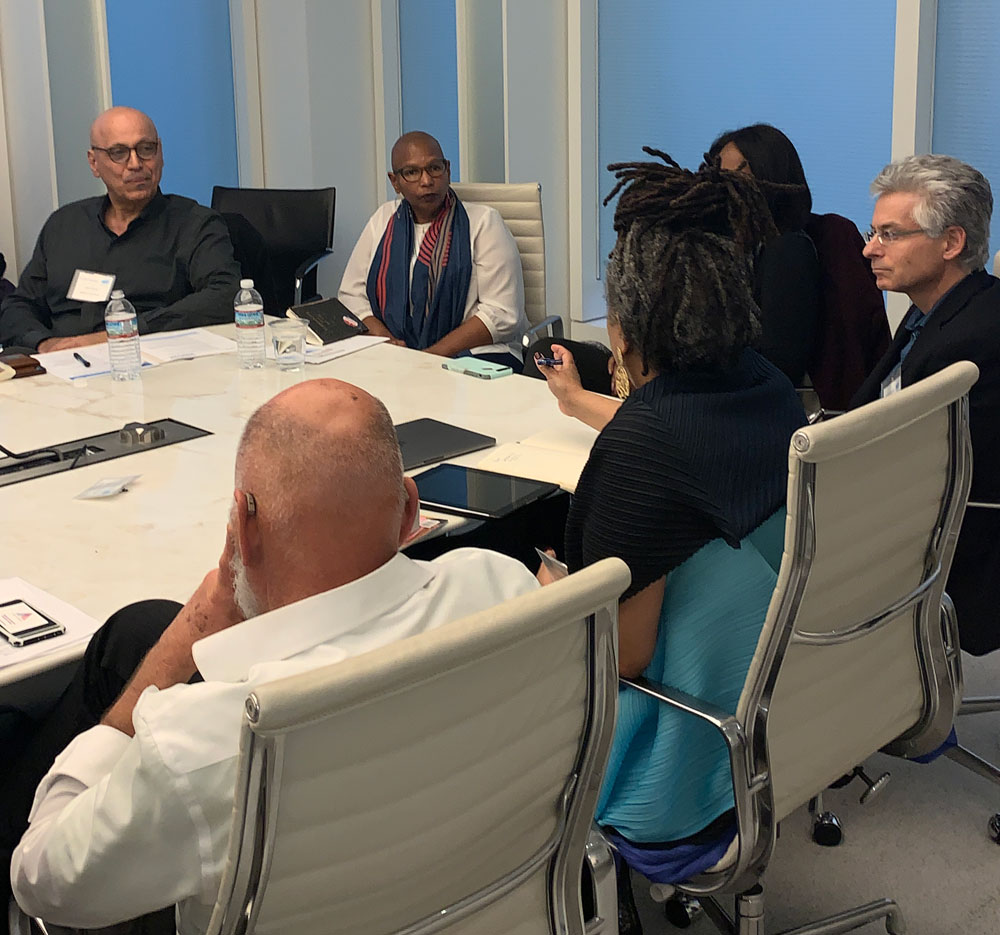February 28, 2011; Source: Daily Tell | As American taxpayers, we are all temporary owners in the mammoth corporations like General Motors that received billions in assistance through the Troubled Assets Relief Program (TARP). Through TARP purchases, we own billions in GM preferred stock. (We also own shares of Chrysler. Ford turned down the opportunity for TARP bailout funds).
GM received $51 billion total through TARP, but has returned $23 billion, according to ProPublica. Chrysler has a commitment of $13 billion, with $11 billion disbursed so far. Did you know that your investment in GM had sparked a revival, making the automaker healthy enough to resume its philanthropic giving to major arts organizations in the Detroit area – $135,000 to the Michigan Opera Theatre, $75,000 to the Mosaic Youth Theatre, and others.
These numbers aren't quite what GM used to give annually to Detroit area cultural institutions prior to the economic downturn, about $1 million annually, but they count, especially for the Opera, which nearly shut down with the loss of the auto manufacturers contributions.
Sign up for our free newsletters
Subscribe to NPQ's newsletters to have our top stories delivered directly to your inbox.
By signing up, you agree to our privacy policy and terms of use, and to receive messages from NPQ and our partners.
Unlike GM, Chrysler hasn't restarted its philanthropic programs. But Chrysler is spending taxpayer moneys in another way. It hasn't been able to give charitably, but it was able to purchase the most expensive commercial during the Super Bowl, starring Detroit native Eminem, and costing the company (and its U.S. taxpayer shareholders) something short of $9 million.
And both Chrysler and GM don't appear to be engaged in bailing out the Detroit library system (broke), the Detroit public schools (broker), or most of Detroit's nonprofits (doing heroic work to respond to the nation's perfect storm of economic calamity). We wonder when American International Group (AIG), one of the other non-bank TARP sinkholes, will return to its philanthropic agenda.—Rick Cohen


